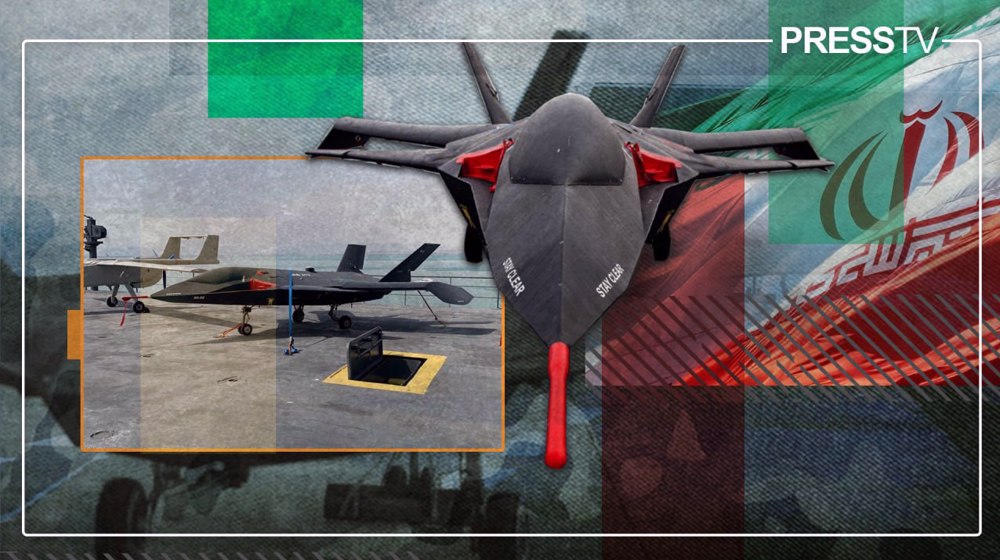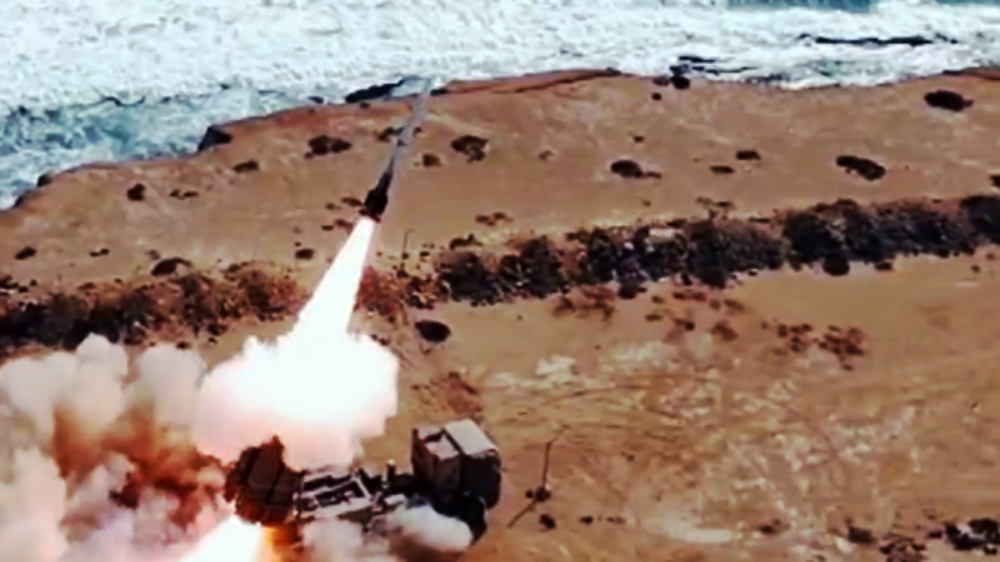Iran to Merkel: Missile work to continue
Iran rejects Germany’s accusations that it has been contravening United Nations Security Council regimes in its missile activities, saying the Islamic Republic will keep up bolstering its missile defense as it sees fit.
German Chancellor Angela Merkel had said on Thursday that, “Iran continued unabated to develop its rocket program in conflict with the relevant provisions of the UN Security Council.”
She also said NATO’s anti-missile mechanism was targeted against Iran’s missile program and had been “developed purely for defense.”
Reacting on Saturday, Iran’s Foreign Ministry Spokesman Bahram Qassemi rejected the allegations, calling them “unconstructive.”
“The Islamic Republic has, time and again, declared that its missile program has a completely defensive nature and has, in no way, been designed [for the development of missiles capable] of carrying nuclear warheads,” he added.
“The program is, therefore, not in contravention of the Security Council Resolution 2231 and has nothing to do with the JCPOA (the Joint Comprehensive Plan of Action.”
“The Islamic Republic of Iran declares once again that it will continue its missile program with full force based on its defense doctrines and national security calculations and that such remarks have no impact upon the country’s legitimate missile program,” he said, referring to the remarks by Merkel.
Iran and the five permanent members of the UN Security Council — the United States, Britain, France, Russia and China — concluded the nuclear agreement last year in Vienna, Austria.
Resolution 2231 was adopted on July 20, 2015 to endorse the JCPOA and provide for the termination of the provisions of previous Security Council resolutions on the Iranian nuclear program.
It calls upon Iran not to undertake any activity related to ballistic missiles “designed to be capable of” delivering nuclear weapons, including launches using such ballistic missile technology.
Iran and the P5+1 started implementing the JCPOA on January 16. After the accord went into effect, all nuclear-related sanctions imposed on Iran by the European Union, the UN Security Council, and the US were lifted. Iran, in return, has put some limitations on its nuclear activities.
The Islamic Republic maintains that its military might poses no threat to other countries, stating that its defense doctrine is merely based on deterrence.
UN experts: Israel again 'weaponising starvation' in Gaza
UNRWA: Israel's West Bank aggression aligns with annexation 'vision'
VIDEO | Destruction of Barquq Castle in Khan Yunis
VIDEO | Gaza ceasefire has stalled, and Trump's warnings
Syrian regime declares curfews in several regions
Sudan takes UAE to UN court over 'complicity in genocide'
Trump's threats will embolden Israel to ignore ceasefire: Hamas
Hamas ready for 'all possibilities' after 'last warning' by Trump










 This makes it easy to access the Press TV website
This makes it easy to access the Press TV website